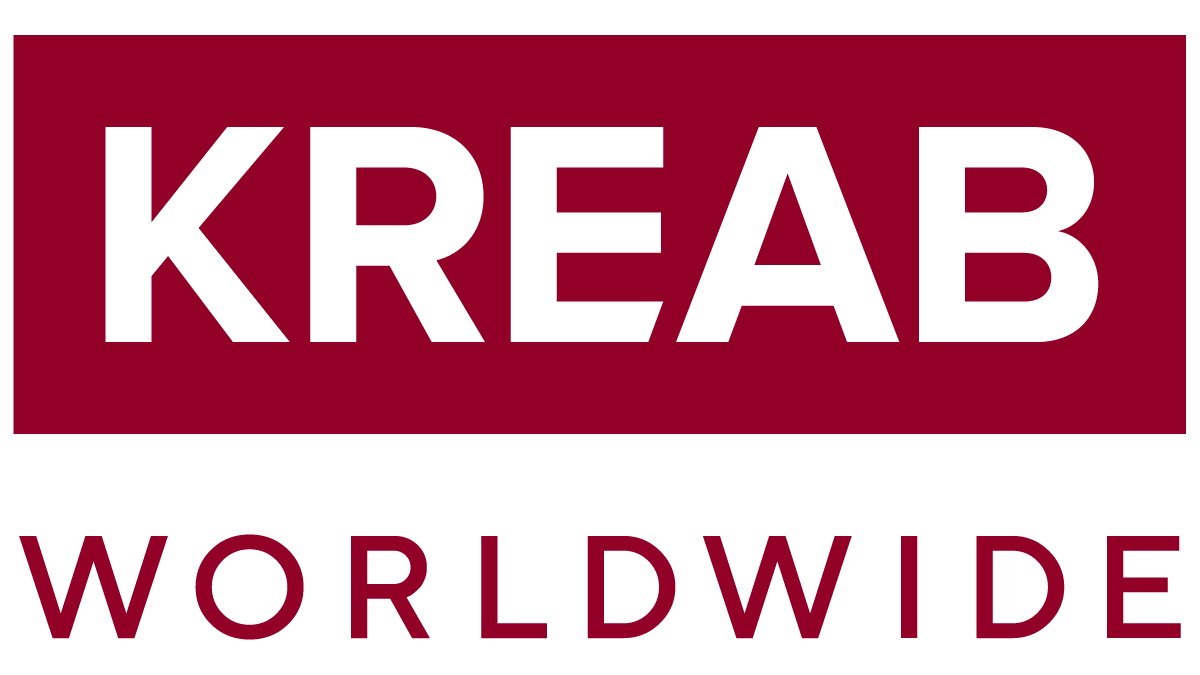
10/02/2021
Journalism and the challenges in pandemic
Journalism, that work of informing the daily life of an environment. Like all jobs, it had to transform and adapt to virtuality, while going through an unprecedented pandemic in the world such as COVID-19. Let’s start with this evolution of the news, as the information took over the news agenda for almost a year now.
Today we face two major pandemics, the first, one that will be recorded in history books as the one that shook the normality to which the world was accustomed. The second, for its part, one that was fast asleep for several years and in the midst of the health crisis, is where it is taking the most force: the ‘Fake News’. The media always have a determining role in crisis situations, and there is a fundamental need to generate contrasted and truthful information, this being a great challenge in a pandemic, in addition to guaranteeing a journalistic exercise that is developed in the most responsible way, now in a reality where the media are not only informants, but social networks are the protagonists of virtuality.
And it is that in fact the World Health Organization (WHO) has identified disinformation as a true “second disease”, which accompanies the COVID-19 pandemic, stating that it is “an over abundance of information, sometimes accurate, others not, which makes it difficult for people to find reliable sources and reliable guidance when they need it.
Undoubtedly, the ‘Fake News’ undermine the credibility and trust that the media may have. For this reason, it is in these moments where journalism can be shown even more as a public service good, capable of contributing to the dissemination of credible and truthful information, where more than ever, sources of scientific and technically sound testimonies must be primary and truthful to address the health crisis and avoid the possibility of creating disinformation in a society that now lives in a landscape of uncertainty and, why not, uneasiness.
In addition to the above, he has also left learnings such as the importance of adapting and reinventing himself, because they are changes that have occurred quickly, such as having to conduct interviews from home, broadcast live from home, and in a complicated way, search the news and sources from virtuality.
Even with this volatile and uncertain panorama, it is essential to maintain, now more than ever, the basic principles of journalism: truthfulness, credibility, informational criteria, contrasting sources, knowledge of the environment, research and analysis. A new normal that requires us to look at the fundamental premises of this exercise.
We invite you to leave us your opinion on our social network Twitter: @kreabcolombia with #VirtualidadYPeriodismo
